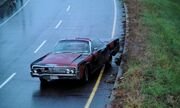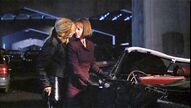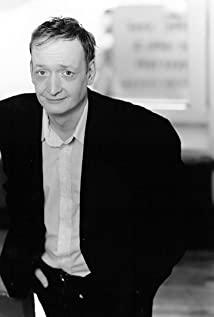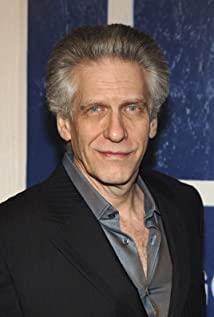(I didn’t want to write a long review, it’s totally overwhelmingly word count)
If the "body" in "Titanium" has already exhibited a certain heterogeneous connection dehumanization tendency, but its final foothold is still based on human secular emotions. Then Cronenberg’s "Desire Express" is a futuristic manifesto that advances from the mortal body to the burned (inorganic) state. Cronenberg does not implant a certain mechanical object into the human brain to complete the body like in "Titanium". The transposition of function and sensory kinetic energy, but an accidental car accident inspires the protagonist (and even the general individual in modern society) deep unconscious desire and imagination of the protagonist, and this is exactly the same as the body construction strategy in "Ti" On the contrary, the body in "Titanium" has been in a passive state of being intervened and invaded by electronic chips from the beginning, while in "Desire Express", the body invades the car as a kind of life-conscious "chip". In an inorganic body, accidental car accidents have inspired the possibility of a heterogeneous connection between the two. If the protagonist Alexia in "Titanium" forced a certain post-human sentiment with the mechanical body due to the intervention of the chip, and then continued to move towards an inorganic state, then the body in "Desire Express" was accidentally established with the car through a car accident. Connection, this connection is the process of human consciousness intervening in the territory of inorganicization.
And in "Desire Express", the scars of the body and the cracks sewn by needles and threads show a critical trend of strength breaking through the organism. When the penis is torn and inserted into the scars of the body, the desire is truly from the cracks in the organism. It overflows, realizing the boundless flow across the boundaries of the body. In Cronenberg’s movie, the car is even more of a mechanical physical form, a naked body wrapped in smooth metal. The smooth and moistened cars on the streets and highways suppress inhuman sexual desire. They travel sequentially, but the full desires drive them to collide, rub, and collide with each other, forming a physical desire field. As David Roden mentioned in "Posthuman Life", it is an inevitable process for human beings to turn to "inhuman" in the era of technological change, and such a characteristic of inhumanity is precisely the concrete practice of detachment in the post-human era. And when we examine the material appearance of modern society from a phenomenological perspective, we will find that the car and the body constitute the core metaphor of the integration and interaction of the human body and the machine in the society of future generations, sitting in the interior of the car. The organic body controls the direction, speed, and trajectory of the car, while the car becomes a physical extension of the physical sense when it is controlled. Cronenberg’s body construction strategy lies in this, fusing (organic) carbon-based life and (inorganic) silicon-based life to produce a sympathetic illusion or even a transcendental connection between organic desires and mechanical desires. Moreover, in the semi-subjective situation where the camera coexists with the human head-up view, the camera continuously crosses the human body and explores the heterogeneous mechanical world outside the physical body. The mechanically assembled electronic soundtrack further renders the appearance of alienation in the post-industrial society.
If "Ti" is optimistic about the subject's dehumanization imagination but ultimately returns to human emotions, then "Desire Express" retains a modernist pessimism in the completely mechanized inhuman subject construction program. Attitude, the contrast between such a conception and image expression seems more interesting.
View more about Crash reviews











